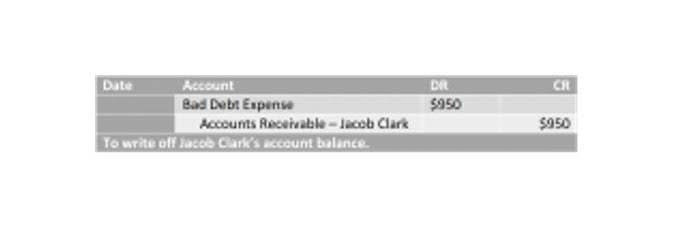In Accounting, What Is the Difference Between a Liability Account and an Expense Account? Chron com
Content

Direct labor refers to the cost of labor (wages) directly related to the manufacturing of a product. Cost of sales refers What Does My Accountant Need To File Business Taxes? to expenses that are necessary to make a sale. Not paying for your rent will result in you incurring a liability.

For instance, the company might debit its expense account 4210 Employee Health Insurance Expense when recording the insurance company’s invoice of $10,000. If the company withholds $2,000 from its employees’ wages to pay part of the cost of the insurance, the company will credit its contra expense account https://kelleysbookkeeping.com/accounting-for-startups-everything-you-need-to/ 4211 Employee Withholdings for Health Ins. Accrual accounting is based on the matching principle that ensures that accurate profits are reflected for every accounting period. The revenue for each period is matched to the expenses incurred in earning that revenue during the same accounting period.
Accrued expenses
Expense accounts are a common part of business and can be used to help manage costs. In this blog post, we will explore the different types of accounts you can use in business, as well as what is not considered an expense account. From travel expenses to entertainment costs and more, read on to learn how you can best manage your finances. A business should use an expense account when it incurs an expense. This might include monthly rent, the purchase of office supplies, or the payment of employee salaries.

In case you are not familiar with expense accounting, don’t worry! In this blog, we will cover what expense accounts are, we will talk about the different types, and look at some examples of expense accounts. In the end, we will also present you with an efficient and intelligent solution to automate your expense management processes. The more profit you can get out of your business the better, and to do that, you’ll need to address the places that you’re leaking money. Some of the most common include not negotiating the best deal with suppliers, overpaying for credit card processing, and lavish expense reports.
US tax treatment of expense accounts
Assets are expensed throughout their useful life through depreciation and amortization. Simply do a re-class journal entry to move unrestricted net assets to the restricted net assets account you have created. That would mean, additionally, another Manual entry that will Debit Restricted Equity (decreases it) to show you Used funds as promised, relieving the restriction. And, last but not least, creating an expense account is all part of managing your accounting books.
Which one is not an expense?
Wages is not example of expense because it is the amount which we get after working for someone or any organisation. Wages are the source of income Whereas expenses are the amount which we give in order to buy something or for any service we get.
The expenses account on the income statement helps the company oversee and organize the various expenses of its business over a certain duration of time. This account is broken into sub-accounts so that the company can clearly see where money is going and organize the finances accordingly. Such expense sub-accounts include Wages expenses, Salary expenses, Supplies expenses, Rent expenses, and Interest expenses. Expenses are not equity rather they cause the owner’s equity to reduce. The major accounts that influence owner’s equity are expenses, losses, revenues, and gains.
Assets
“I now want to move funds
from our checking account to the equity account.” Expenses are deducted from revenues to arrive at the company’s net income. Fournier Accounting & Bookkeeping Services provides personalized bookkeeping and QuickBooks® Consulting services to a wide range of clients in New Hampshire and throughout the U.S.
What is not a cash expense?
Noncash expenses include depreciation, amortization, and other costs that cannot be converted to cash. These types of expenses usually increase over time as the value of assets depreciates or becomes obsolete.
An asset has the ability to generate cash inflows or decrease cash outflows in order to produce economic benefit. Assets will therefore provide a current, future, or potential economic benefit for the company. Most important expense accounts are fixed and they cover costs such as taxes, rent, utility bills, and salaries. Moreover, inventory costs, as well as hardware and software costs, are also necessary expenses a business has to account for. Expense accounts are records of the amount a company needs to pay over a period of time, usually a quarter or a year. They are considered temporary accounts and represent the running total of business expenses for a predetermined period.
Dictionary Entries Near expense account
Assets are things of value or resource that an individual, corporation, or country owns with the expectation that they will yield future benefits. They are listed on the balance sheet of a company and are classified as fixed, current, financial, and intangible assets. These items are created or purchased to increase the value of a business and benefit its operations. Therefore, anything of economic value that the company uses to generate cash flow, improve sales or reduce expenses is an asset. Expenses in accounting are recorded through cash basis or accrual basis accounting methods. In cash basis accounting, expenses are only recorded when they are paid.

